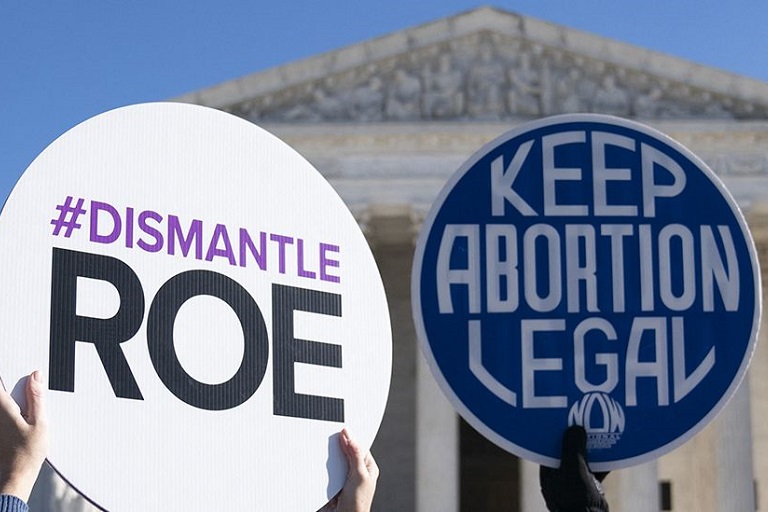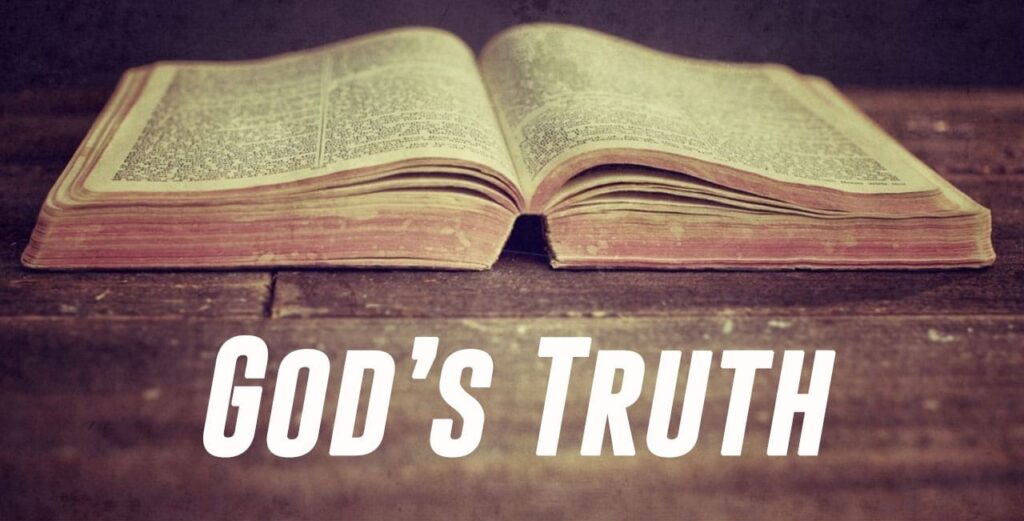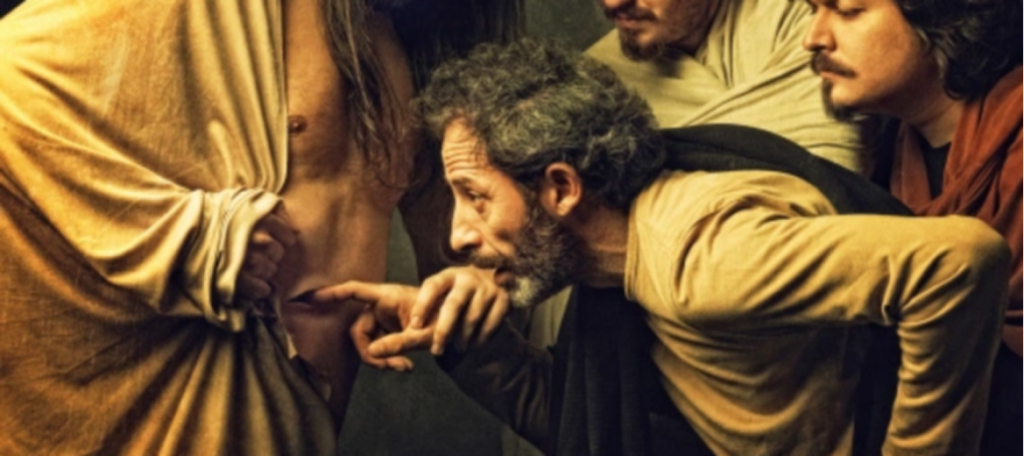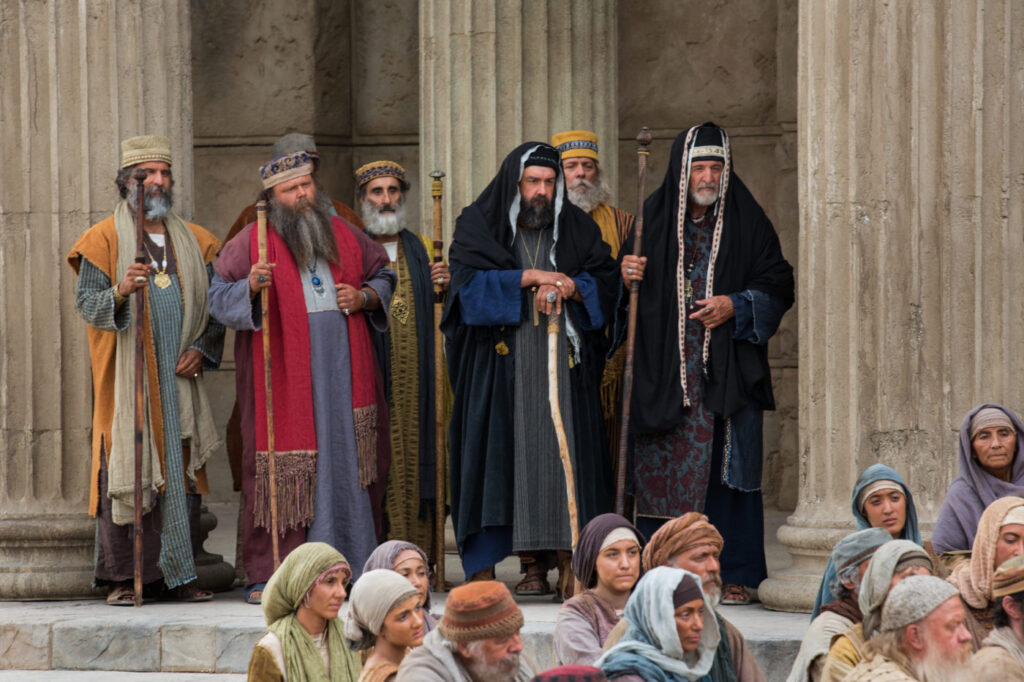The Harmful Effects of Not Attending Mass
The Dam Has Cracks I think many people are feeling the ill effects of not attending Mass or attending virtually. Some of my friends, who I used to see all the time at Sunday Mass, have stopped going regularly. And while they may not think they feel any different by not attending Mass, I see […]
The Harmful Effects of Not Attending Mass Read More »










